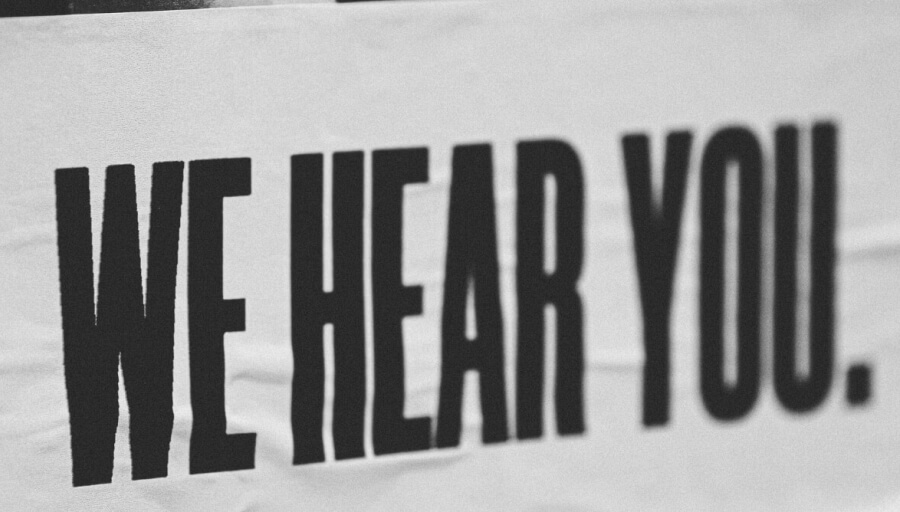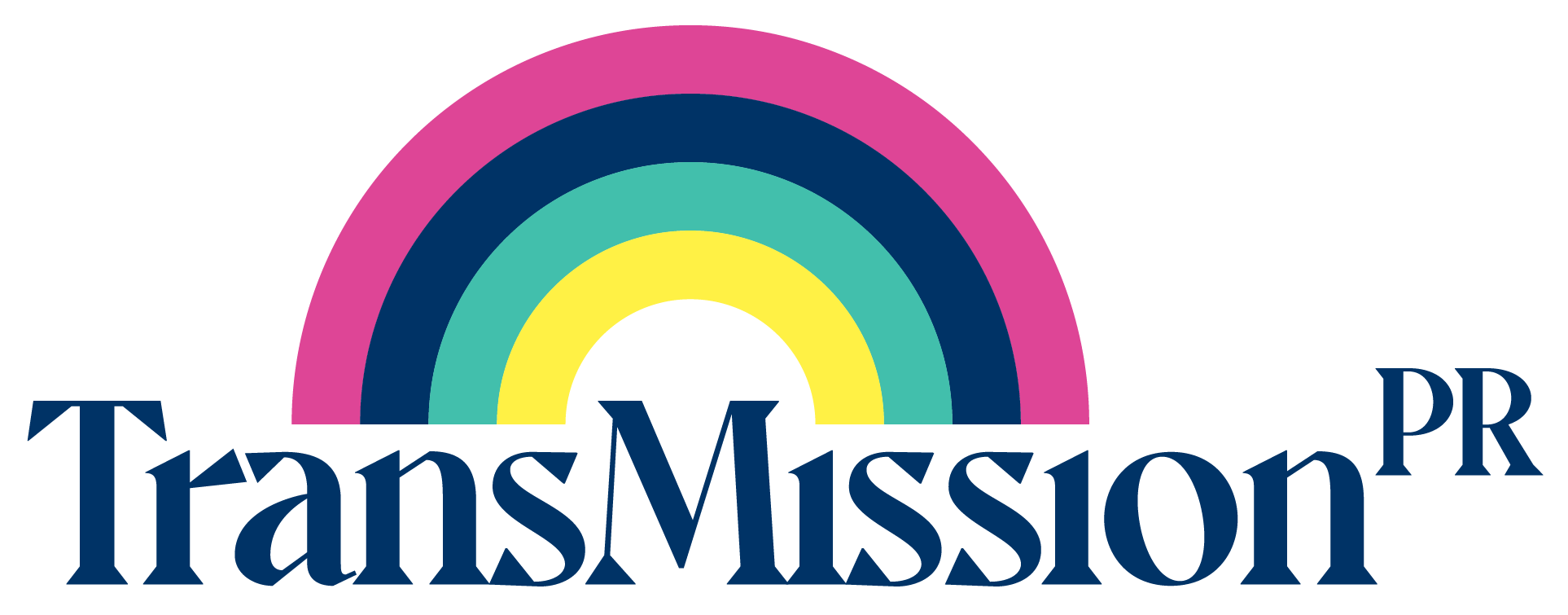
04 Jan You Don’t Have to be Trans to Empathise with a Trans Person
By Louis Millington
Top tips for gaining a better understanding of what it means to be gender variant – and why it matters.
Empathy is fundamental to the function of humans as a species. It is essential to surviving and thriving in communities. It is the tool that allows us to exist in the same space as others, and to recognise them as complete, complex beings, deserving of care and respect.
When other people – transgender people, for instance – seem different enough, it can become harder to imagine and understand their experience, their feelings and their pain. While trans and non-binary individuals represent the minority (just 1% of the population) empathy for those who experience gender differently is a crucial ingredient if we want to build a better, fairer society.
Here we provide some guidance on what you can do to hone your empathy skills.
Try to put yourself in their shoes
This is the fundamental tenet of building empathy. Take a moment to imagine how you would feel in a transgender person’s shoes, facing the kind of things they face on a daily basis. How would it feel if someone refused to call you anything but “John”, even though your name is Sarah? How would it feel if everyone referred to you as “she”, even though you’re a man? How would it feel to have people staring openly at you on the street, or to miss out on the perfect job opportunity just because of who you are? To know that crucial, life-saving medicine is unavailable to you when you need it most, because your healthcare isn’t considered a priority?
It’s probably pretty safe to say you would not feel good. If you wouldn’t want to be treated like this, it should follow easily that trans people don’t, either. Before you speak, take the time to think about the effect your words will have.
Educate yourself
It’s difficult to empathise with someone if you don’t understand what their life is like, and the best way to understand something is to educate yourself about it. Luckily, there are plenty of ways to do that.
There are countless articles, books, movies and podcasts by trans people that can help you understand and empathise with their lives. Just remember to approach them with an open mind and a willingness to learn. A great place to start would be Shon Faye’s The Transgender Issue, which provides great insight into the lives of trans people in the UK. For a shorter read, try Beyond the Gender Binary by Alok Vaid-Menon.
Don’t believe everything you read in the papers
It’s no secret that transgender people are in the spotlight. Unfortunately, news items about the community – even in reputable sources – are rarely balanced.
It’s important to be aware of this when reading the news and to approach trans ‘news’ with a degree of skepticism. Ask yourself some key questions: who is writing this? Why? How are they sourcing their information? Have they included any trans perspectives, or exclusively cisgender ones? How would it feel to read this if I was trans?
Armed with empathy and education, we can begin to fight back against this kind of harmful, hurtful writing. At the very least, it’s our responsibility to learn to tell the difference between good faith reporting and what is, essentially, clickbait.
Follow trans people on social media
For all of the complications of social media in our society, there’s no denying it’s a great way to open yourself up to new, different ideas. Following trans accounts and creators will give you access to trans people’s perspectives on issues that you might otherwise miss, or that you may never even have considered.
Avoid demanding education from the trans people you follow. Just open your mind to the possibility that there are different ways of thinking about their experience that mainstream media may not allow for.
It’s important to take the time to do this work; if cis people, can learn to be more empathetic, kind and caring, we can build a better society for everyone.
If you would like to understand more about the challenges facing the trans community, or you would like to support the community but aren’t sure where to start, get in touch.
Louis is a writer and editor based in Norwich, England. He is part of the LGBT+ community and a passionate supporter of trans rights.
- You Don’t Have to be Trans to Empathise with a Trans Person - January 4, 2022
- Five ways allies can support trans colleagues when they come out in the workplace - January 2, 2022
- Trans Awareness: Five Important Dates for your Diary - January 1, 2022


